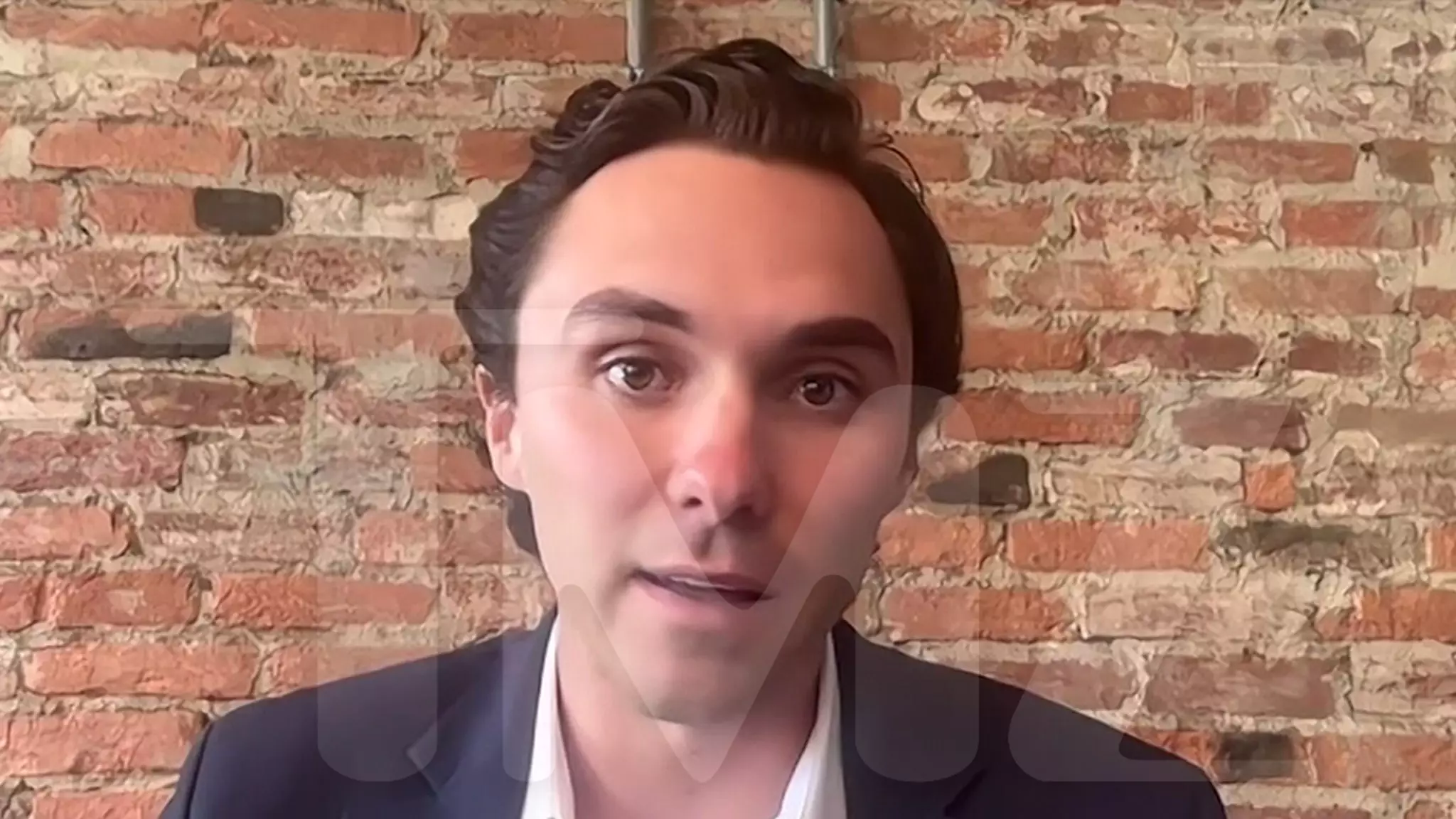The Democratic National Committee (DNC) is entering a pivotal period that may define its future direction and relevance within the ever-evolving political landscape of America. David Hogg, a prominent figure in contemporary activism and the DNC’s vice chair, is at the helm of this transformation. Hogg’s commitment to reforming the party signals that the DNC is poised to hold its own members accountable for their performance, irrespective of their age or tenure. This approach embodies a progressive shift towards a more dynamic and effective political structure, aiming to reflect the aspirations of a younger electorate while maintaining a robust party identity.
Accountability Over Age: A New Political Principle
One of the most compelling aspects of Hogg’s vision is the DNC’s emphasis on accountability rather than seniority. By challenging lawmakers deemed ineffective, the DNC is signaling that performance is paramount. This shift is groundbreaking, particularly in a system traditionally dominated by longstanding politicians whose influence is often measured by their years in office rather than tangible achievements. The DNC is acknowledging a simple truth: age does not inherently equate to effectiveness, and youth does not guarantee dynamism. Hogg asserts that all members, irrespective of how long they’ve served, will be evaluated on their ability to deliver results to their constituents.
Bridging Generations: Engaging the Disenchanted Electorate
Hogg paints a concerning picture of the current Democratic landscape, revealing that only 26% of self-identified Democrats believe their leaders are performing well. This stark statistic should send alarm bells ringing throughout the party hierarchy. The DNC recognizes that it cannot simply rely on the absence of Republican leadership as a motivator for voter turnout; it must reignite a sense of purpose and vision that resonates with a broader demographic. Hogg’s call to energize the electorate suggests a transformative strategy, pivoting towards influential engagement with younger voters and those disillusioned by the status quo.
A Movement Beyond Politics: Hogg’s Vision
David Hogg’s trajectory from a teenage gun control advocate to a leading political figure illuminates the need for fresh perspectives within party structures. His experiences, borne from tragedy, offer a distinct vision for a party that can harness grassroots energy while systematically dismantling ineffective leadership. As the founder of the Leaders We Deserve political action committee, Hogg understands grassroots mobilization and the imperative to cultivate a new generation of leaders who can invigorate the party’s platform. This approach envisions a party that is not just politically effective but socially responsive, seeking to address pressing issues that resonate deeply with young Americans.
Action vs. Indifference: The Real Challenge Ahead
The DNC’s undertaking under Hogg’s leadership is not merely a call to action; it is a clarion call for introspection and innovation within the party’s processes. While they advocate for reform, the challenge will lie in translating intentions into actions that yield real results. Engaging with voters on substantive issues, fostering a new generation of leaders, and navigating the complex landscape of American politics will require unprecedented commitment and strategic foresight from the DNC. The promise of revitalization is enticing, yet the execution will ultimately determine if the party can reclaim its relevance and secure its future in the rapidly changing arena of American politics.

